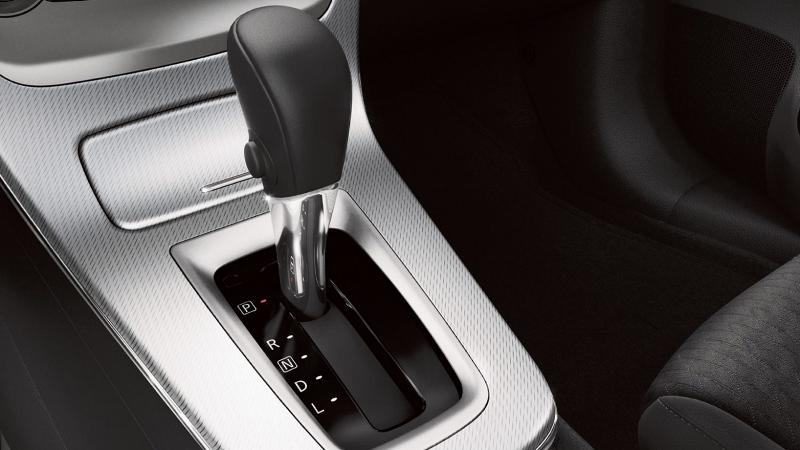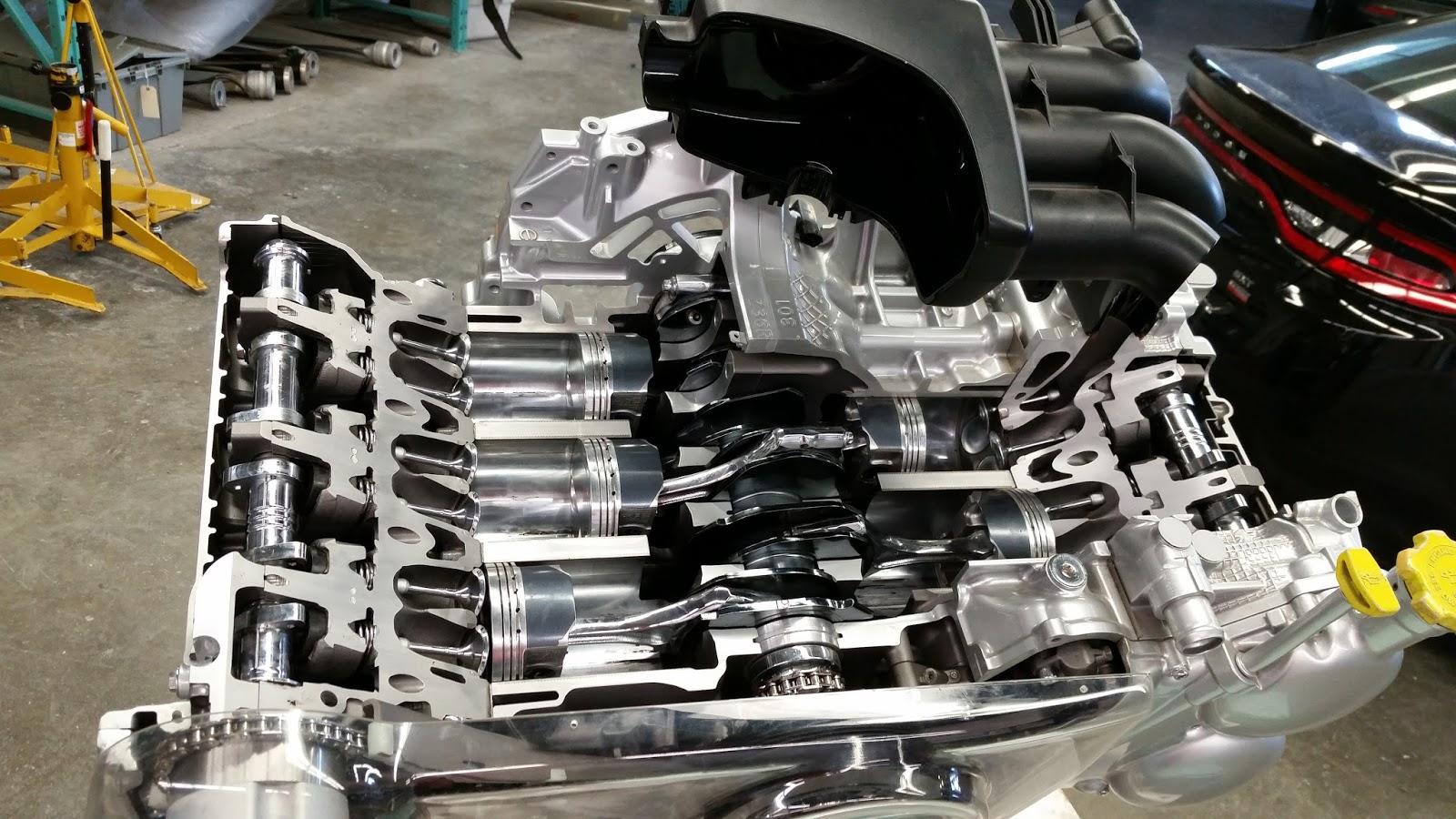What Is Engine Knocking Sound and What Causes It?
For the smooth operation of a vehicle, its combustion engine should run with no trouble during its operation. But that does not happen. There could be plenty of issues with the engine, including some strange noises. The engine knocking sound is one of them.
A knocking sound is one of the common engine problems, which indicates a mechanical issue troubling the engine. It sounds like a ‘knock’ coming from under the vehicle’s hood.
What Is Engine Knocking?
A knocking sound in car is a follow-up of several problems. Fixing is highly likely for early and correct diagnosis. But neglecting it for a long time is sure to lead to some major damage.
For example, one common knocking sound reason is an incorrect air-fuel mixture. It forces fuel to burn in uneven pockets instead of burning uniformly. Allowing it going on leads to the ruining of the cylinder wall and piston.
Lack of lubrication in the upper cylinder head area is another reason, and it mainly creates a ticking noise. The culprits, in this case, are loose or dry lifters and valves.
Whenever you detect any such noise, you should find out the troubling source and take the necessary action to fix that.
The Common Causes of Engine Knocking Sound
In most cases, engine knocking is the engine’s way of telling that it cannot run smoothly and efficiently. So, you need to be aware of the common reasons that create this sound.
Lean Air-Fuel Mixture
I mentioned in the previous section that an incorrect air-fuel ratio creates this annoying noise. So, it makes sense that a lean air-fuel mixture (more air and less fuel) could be a potential cause. There won’t be enough fuel in the cylinder to burn the mixture well within the required time, causing multiple bursts, which is engine knock.
Some components that can trigger this lean air-fuel mixture are the fuel injectors, fuel pump, oxygen sensors, and the mass airflow sensor. Regular checking and maintenance of these parts can prevent this unwanted situation to occur.
Low-Rated Octane
An engine’s performance depends on the fuel, along with many other things. When the octane rating is too low than what your vehicle requires, a knocking sound may occur. In fact, the octane rating indicates the fuel’s ability to resist the air-fuel mixture’s untimely explosion. As a low-rated octane has low-resistance to prevent this premature blast, the fuel does not burn properly, leading to a knocking sound.
SEE MORE
Carbon Deposits
Fuels these days contain a cleaning agent to remove the already existing carbon buildup. However, this ingredient cannot prevent the formation of carbon deposits. Burned fuel will always produce carbon residue. Carbon sludge takes up the space inside the cylinder and increases the compression amount, leading to the knocking sound.
Solving this problem is really simple. You just need to apply a special fuel injector additive or cleaner to clean the sludge in several engine parts.
Wrong Spark Plug
Another potential reason for engine knocking sound is using the wrong spark plugs. Each spark plug has a heat range, referring to how much heat it can take out of the combustion chamber. So, a wrong one cannot do this task properly, causing pinging sound from the engine.
Spark Plug Gap
An incorrect spark plug gap is another reason for these sounds. This gap is the place where the plug ignites the air-fuel mixture. A narrower gap produces a weak spark, and a wider gap may not create a spark at all.
Also, a computer in modern automatic cars controls the spark plug firing timing. If the component that controls this function crashes for some reason, the messed up timing will cause rapid misfiring, creating that sound.
Bad Knock Sensor
Cars these days that have an engine control unit (ECU) do not really have these sound problems. The central computer system monitors and controls all functions, such as ignition timing, the ratio of the air-fuel mixture, and fuel injectors, that trigger the knocking sound. In fact, vehicles have a knock sensor too that detects the sound and communicates the information to the ECU, which then takes corrective measures to fix it.
But this sensor can malfunction and allow the engine to produce the knocking sound. If your car has an ECU, and it still creates this sound, you should examine the knock sensor before moving on to other parts.
The Final Words
Resolving the engine knocking sound is rather simple. In most cases, repairing or changing the faulty component will solve the problem. For example, you can just replace the defective spark plug, fix the bad knock sensor, or change the octane. Always check the owner’s manual to find out the right component type and octane rating. If the issue is something more serious, consulting a professional mechanic will be the right thing to do.














